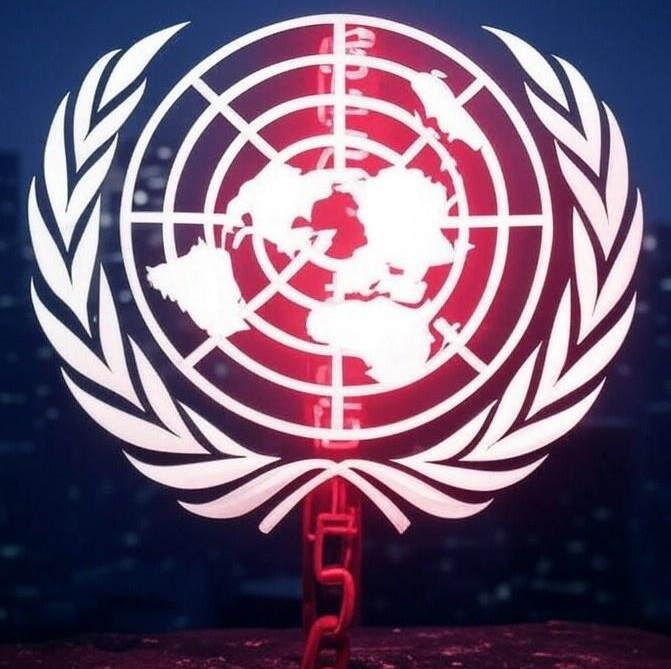Despite intense opposition from cybersecurity experts, major tech firms, and human rights advocates, the United Nations General Assembly (UNGA) has approved the Convention against Cybercrime by consensus. This significant agreement was adopted after five years of negotiation and will be formally signed in Hanoi in 2025. Once ratified, the convention will take effect 90 days later, marking a milestone in global efforts to combat cybercrime.
The Convention against Cybercrime aims to establish a framework for international cooperation on cybercrime investigations. Its proponents argue that it will help reduce safe havens for cybercriminals and provide support to developing nations in protecting their citizens from digital threats. UNODC Executive Director Ghada Waly emphasized that this treaty is the first international anti-crime treaty in two decades, highlighting its potential to tackle crimes such as online child sexual abuse, cyber scams, and money laundering.
Despite these promises, the treaty has faced strong opposition. Critics have raised concerns about its potential to curtail cybersecurity research and its potential misuse by nation-states for surveillance and other human rights violations. These worries center on the risk that the treaty could be exploited to infringe upon privacy rights, limit freedom of expression, and stifle innovation in cybersecurity. These concerns have led to calls for clearer safeguards to ensure that the treaty does not overstep its bounds.
However, UNGA President Philemon Yang and UN Secretary-General Associate Spokesperson Stephanie Tremblay have defended the convention, stressing its importance in fostering global cooperation against cybercrime. Tremblay stated that the convention would create "an unprecedented platform for collaboration," facilitating the exchange of electronic evidence, providing protection for victims, and enhancing prevention efforts—all while safeguarding human rights online.
U.S. officials have also emphasized that any abuse of the treaty will be held accountable. However, specific mechanisms to prevent misuse have yet to be clarified, leaving room for continued debate over its potential implications.
As the treaty heads toward formal adoption in 2025, its long-term impact on cybersecurity and international law remains uncertain. While it offers a vital framework for global cooperation, the balance between combating cybercrime and protecting individual freedoms will be key to determining its success.

